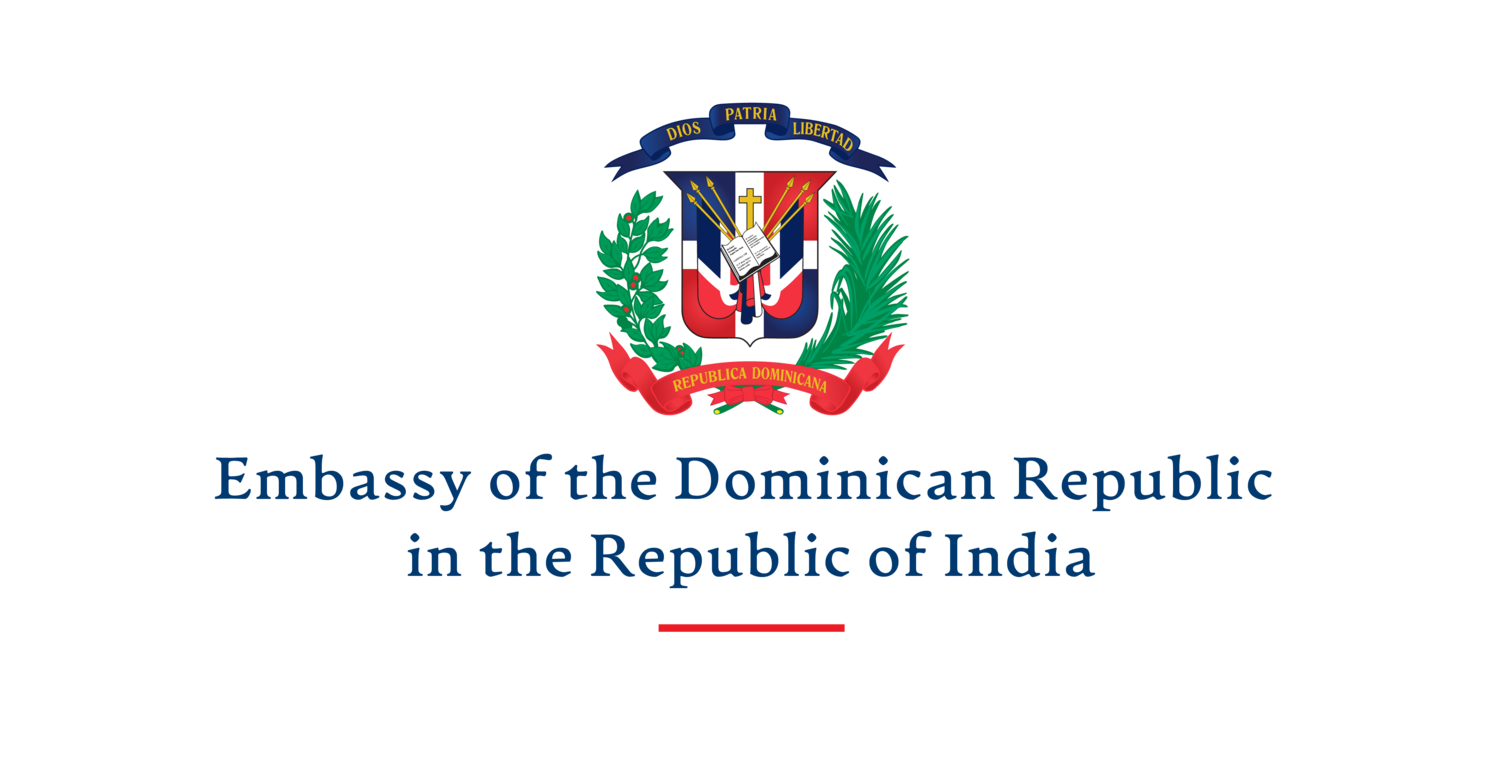Toné Vicioso and his ethnomusicological journey to the heart of Dominican roots music
Toné Vicioso is one of the central characters in contemporary music from the Dominican Republic. We use the adjective character because Toné’s journey into discovering and actively promoting Dominican root music is nothing short of awe inspiring and, in our terms, worthy of its own film. For over four decades, he has either collaborated or formed some of the most avant-garde musical projects coming from our country and is highly regarded by many of his peers as a musician among musicians. Not only for his vast musical knowledge but also for his unmistakable sound.
Born in 1959, his musical inclinations were already in full bloom by his late teens. In the 70’s, he moves to New York, to study music and starts living in the Lower East Side among African American jazz musicians, where he deepens his knowledge in styles like Bebop. His colleagues keep telling him “Hey man, I like your folk”, as a way to signal that, in his improvisations, there were elements of the music from his country, that stood out, and gave them a colour they seemed to love. This recurrent comment ignites a spark within him and after he finishes his music degree in the 80’s, at the Five Towns College in Long Island, an institution known for its education in the creative fields, he felt a calling and decides to move back to the Dominican Republic to learn Afro-Dominican styles.
He spends the next 10 years learning music from rural musicians, in what can only be described as an ethnomusicological journey. But this sounds more romantic than it was. Toné would sometimes face resistance not only from the communities he visited, because he was occasionally seen as a foreigner coming to “steal their heritage”, but also from the mainstream musicians in Santo Domingo, who interpreted his research as “going backwards”. But if you spend some time with Toné you would know he is not easily dissuaded once he sets his heart into something. His noble intentions prevailed and the seriousness of his research and the respect he shows for their way of life and culture earned him their trust and knowledge. During this period, he also becomes the musical director of the “Orquesta Jaragua”, at the request of Cleto Octavio Vásquez, better known as Tavito Vásquez, one of the first Dominican saxophonist to combine the popular way to play sax with jazz improvisations, influenced by players like Charlie Parker.
In the 90’s he moves back to New York and forms “Asadife”, a fusion group that brought Dominican root styles to a more contemporary context. In the early 2000’s he resides in Oregon and California, where he experiences a lot of interest in Afro-Dominican music. In 2008 he returns to Dominican Republic and shapes his latest musical incarnation “Tone Vicioso & Aumbata”, acting as lead composer, guitarist, and singer. He is joined by musicians from different generations, of the likeness of Julito Figueroa, percussionist and tambora player, and Evaristo Moreno, a descendent from the musical traditions of Villa Mella. Other projects he is involved with are “La Carisalve”, a group he directs with Caridad Severino as lead vocalist, which is mainly comprised of female members, and the “Kiskeya Encounter”, a collaboration between “Toné Vicioso and Aumbata”, the north American jazz musician David Murray, the pianist Joselo Locandro from Brazil, and the Haitian saxophonist Thurgot Theodat.
Furthermore, he is a lecturer of “Ethnohistory of Dominican Music” at the Universidad Nacional Pedro Henríquez Ureña (UNPHU), a setting that allows him to combine his love for music and his passion for the dissemination of Afro-Dominican rhythms. In his classes students learn the origins and characteristics of these styles in a very practical manner, he always encourages them to visit the sources, as he deeply believes that the knowledge of those rhythms cannot be obtained from western musical notations.
We invite you to discover his music from the live performances of his most recent musical endeavours.



